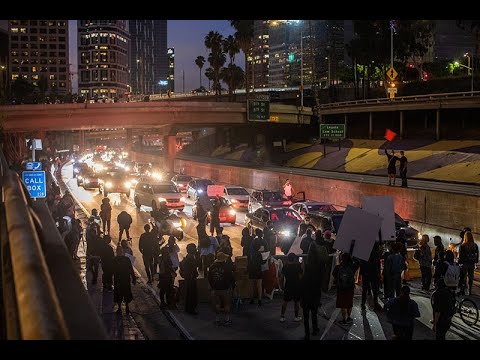Key Highlights
- La Liga players staged symbolic protests during matches to express discontent over the decision to play a game in Miami.
- The Spanish Footballers’ Association (AFE) organized the protest, denouncing lack of transparency and consultation from La Liga.
- Barcelona’s match against Girona was one of several games where players stood still for 15 seconds at the start to show solidarity with the protests.
- The Miami game decision has sparked controversy among Spanish football clubs, who believe it distorts the competition and lacks consultation.
Background on the Miami Game Controversy
La Liga’s decision to move a match between Villarreal and Barcelona to Hard Rock Stadium in Miami in December has caused significant friction within Spanish football. The controversial game, which was confirmed in August by the Spanish Football Federation (RFEF), has led to widespread protests among players and clubs who feel that their opinions were not adequately sought or considered.
The AFE, representing Spanish footballers, issued a statement expressing strong dissatisfaction with La Liga’s decision-making process. They emphasized the need for transparency, dialogue, and coherence in addressing such significant changes to the league calendar.
Player Protests and Television Coverage
To symbolically protest against the Miami game, players across several La Liga teams chose not to move during the first 15 seconds of their games on Saturday. This included Barcelona’s match against Girona, where the television broadcast cut away to show the exterior of the stadium instead of focusing on the field.
Similarly, in matches between Sevilla and Mallorca, as well as Villarreal and Real Betis, the TV cameras focused closely from directly above on the centre circle. This visual choice denied viewers a view of the players standing still during the protest period, highlighting the symbolic nature of their actions.
Reactions and Future Protests
The reaction to these protests has been mixed. Real Madrid head coach Xabi Alonso expressed his opposition to the Miami game, stating that it “distorts the competition” due to a lack of consultation and unanimity among clubs. Real Madrid also played their match on Sunday at Getafe.
La Liga defended its decision, asserting a willingness to meet with the AFE for dialogue.
However, the AFE insisted on creating a negotiating table where all information is shared, ensuring that concerns are addressed and labour rights protected. They remain committed to continuing protests during upcoming matches unless their demands are met.
The Miami game decision reflects broader challenges in internationalizing football, as seen previously with Italy’s Serie A match in Perth. While some clubs see such moves as beneficial for global exposure, others fear they could disrupt domestic league structures and relationships.

